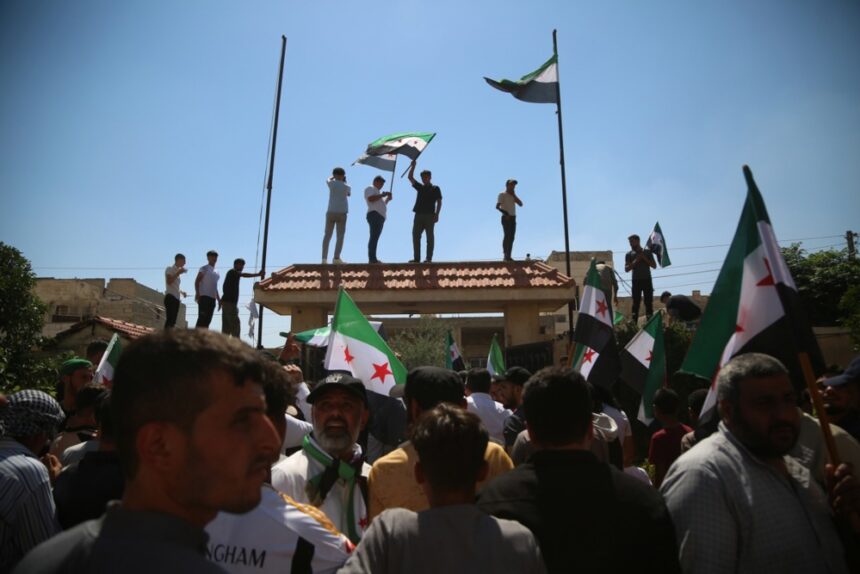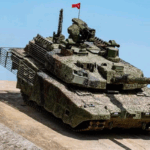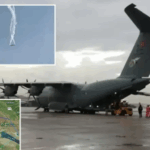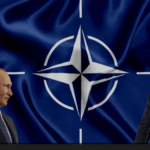Summary by Geopolist | Istanbul Center for Geopolitics:
The essay titled “Europe and the Syrian Crisis: Keep Calm and Clear-minded” makes available a comprehensive road map for Europe to follow in order to successfully navigate Syria’s unpredictable transition after the removal of Assad. The document asks the leaders of Europe to place an emphasis on democratic discourse and inclusiveness rather than on militarized solutions. An immediate alliance with any dominant faction, particularly rebel factions supported by Turkey, which could lead to the consolidation of power and the exclusion of minority voices, is something that should be avoided at all costs.
The response of Europe ought to be in accordance with a more comprehensive strategy to stabilize Syria while simultaneously guaranteeing that conditions are safe for refugees to return. Contributing to the establishment of a multilateral ceasefire and interacting with regional actors such as Jordan, Egypt, and Saudi Arabia are both included in this. The formation of these relationships has the potential to serve as a counterbalance to the expanding power of Turkey, so preventing further unrest caused by Sunni Islamist organizations and unbridled desires over land grabs.
In the same vein, Europe needs to control its attitude on the crisis between Russia and Ukraine in order to avoid confusing its actions in Syria with those of Russia. If Russia and Iran were to lose their strength, Turkey’s influence could increase, which would result in new issues. Policymakers in Europe are strongly encouraged to provide support to the Syrian Democratic Forces (SDF) in their role as a stabilizing force in the northeastern region of Syria. At the same time, they should address Turkey’s concerns on the connections between the SDF and the PKK. For the purpose of lowering tensions and maybe resuming peace efforts in Turkey, it is essential to encourage Kurdish leaders to put some distance between themselves and the PKK.
A further point that is brought up in the essay is the necessity for Europe to maintain its credibility in terms of its foreign policy, which has been damaged by recent conflicts such as the war. It is only via the pursuit of genuine political processes that Europe will be able to guarantee that Syria’s future will be inclusive, giving refugees the opportunity to return, allowing minorities to continue living, and achieving greater regional stability.
Read more here.







